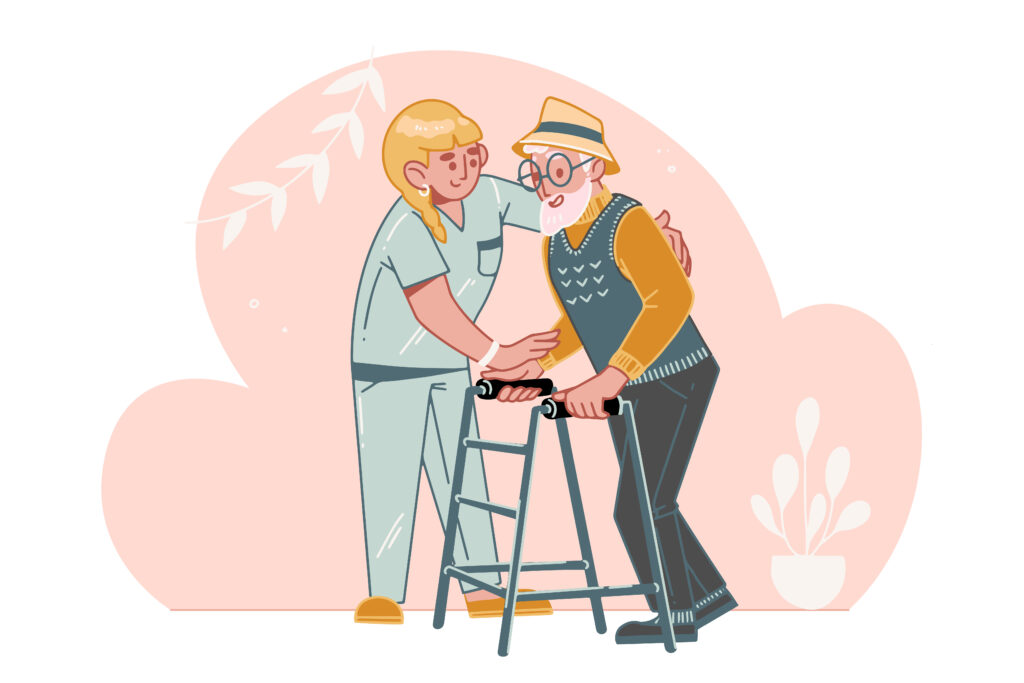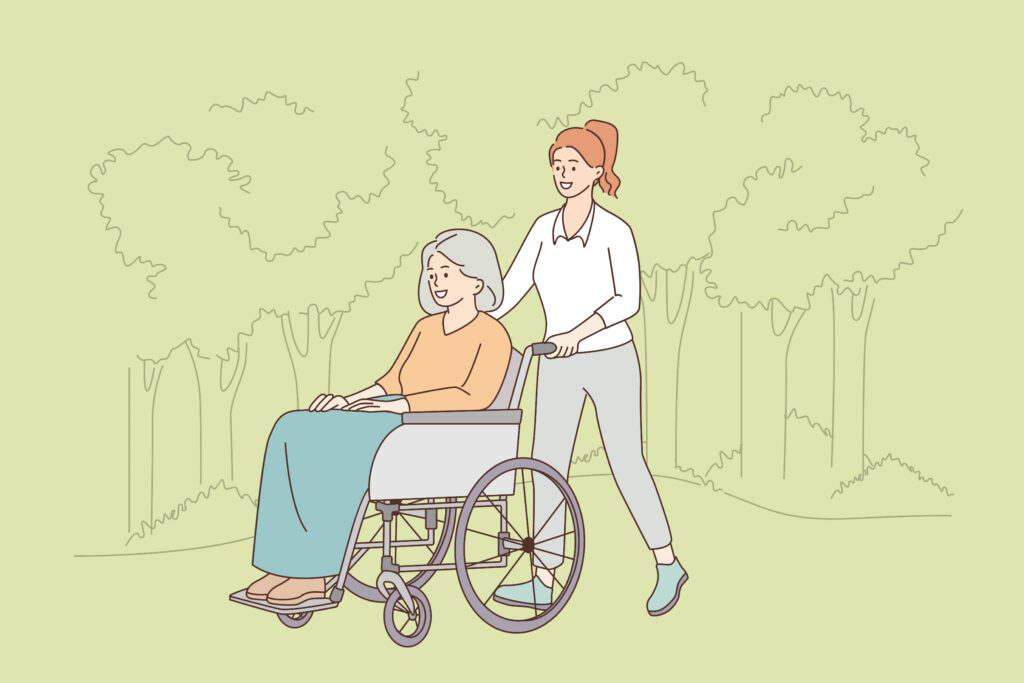
In-Home care is most commonly associated with the elderly. Well, it is the most common use of home care, but people with physical and other impairments can also benefit greatly from the services that agencies such as Lucky Dove Home Care offers. Just as a note, while disability can and does affect the elderly, we need to recognize that it is not something exclusive to the aged.
Impairment, Disability, or Handicap
The difference is well explained by HealthKnowledge (2010) which they describe it as follows:
An impairment is the loss or abnormality of a body function that can be anatomical, physiological or psychological, e.g. a missing limb or diagnosed mental disorder. A disability is an inability or restricted ability to perform an activity within the normal human range, e.g. being unable to walk. A handicap is a disadvantage resulting from impairment or disability that limits the social role of an individual, e.g. being unable to work somewhere due to limited access. (The bold lettering is our emphasis.)
To make it easy we are generally going to use the term disability in writing this post.
There are two primary models of disability – the medical model and the social model.
The Medical Model
This view of disability is expressed in the belief that disability is caused by the differences that a disabled person has from a normal person. It aims to remedy the condition as much as possible using, for example, back braces, prosthetics, surgery, or medication.
Here we work with the client’s medical team by helping with things like palliative care, helping them follow an exercise regimen, and ensuring a medication schedule is followed.
The Social Model
This model is of the view that disability is primarily caused by societal barriers. A typical example of this is the absence of a wheelchair ramp to get into a building or more insultingly a poorly designed ramp that is too steep or too narrow. Many of these barriers are considered as part of the Americans with Disabilities Act (ADA) and can be found at https://www.ada.gov/2010ADAstandards_index.htm.
We can make suggestions for adapting home environments to be more empowering for people with disabilities. Often these ideas are as simple as placing a kettle in a more accessible level.
For the autistic person whose senses can be far more acute than neurotypical people, we might suggest something that produces white noise to dampen the excess sounds.
Types of Disability
Disabling conditions can be broken down, broadly, into three groups. These are:
- Physical impairments such as blindness or paraplegia
- Neurological such as Parkinson’s disease, epilepsy, or autistic spectrum disorders
- Mental conditions such as schizophrenia or dementia
For many, the degree of impairment may not warrant assistance, but in more severe situations, the use of in-home care services is very much a viable solution. Each condition comes with its own set of challenges and each can be as difficult to deal with as any of the others.
At Lucky Dove, we deal with each person at the level of their needs. For most people, the need to be as independent as possible rules their approach. We believe that one of our tasks is to help them achieve that independence and fill in when they struggle. When you support someone you do it by walking alongside them as a friend does, neither in front of them nor behind.
Our role is both care and support of each and every person who forms part of our clientele or dare we say it our extended family.
References
admin. (2010, June 28). Section 6: Impairment, disability and handicap [Text]. Health Knowledge. https://www.healthknowledge.org.uk/public-health-textbook/medical-sociology-policy-economics/4a-concepts-health-illness/section4

